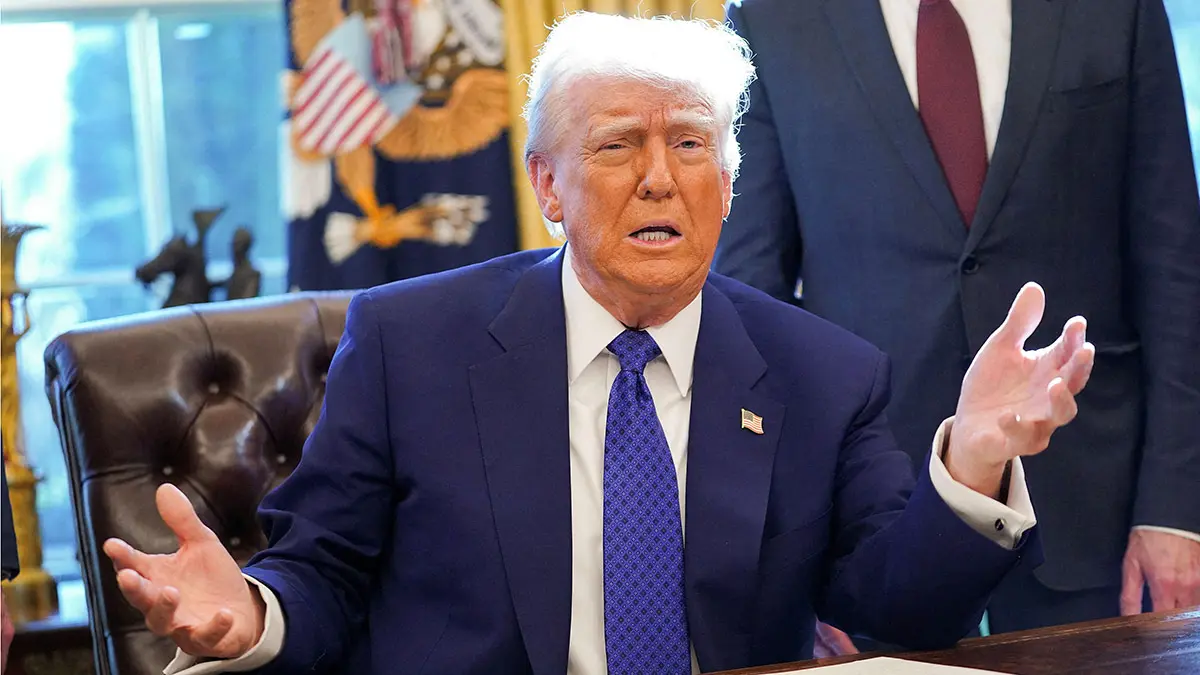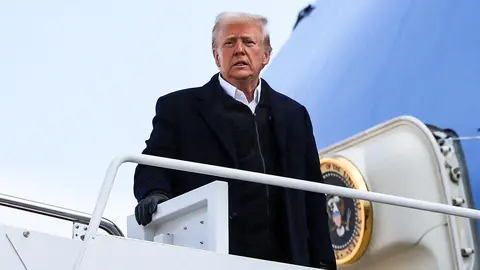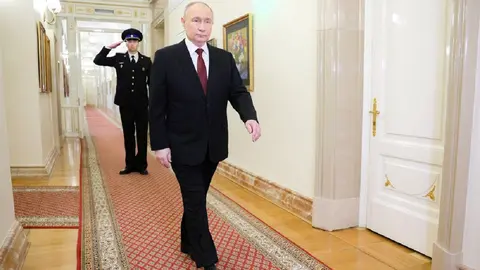Donald Trump bets on a man called Elbridge Colby

Colby, born 45 years ago, spent part of his childhood in Tokyo when his father Charles Colby worked as an official for the investment bank First Boston Corporation. A member of the Republican Party, he is the grandson of William Colby, former director of the CIA during the administrations of Richard M. Nixon and Gerald Ford.
He studied Arts and Sciences at Harvard University and Law at Yale University, and began his career in public service in intelligence and US national security strategy positions in the Departments of Defence, State and the Pentagon.
In Trump's first administration, he served as an advisor to the Pentagon, Deputy Assistant Secretary of Defence for Strategy and Force Development from 2017 to 2018. In this role he was responsible for Defence and Strategic Security policies in the Department of Defence, then director of the Defence Programme of the Centre for a New American Security Strategy and was in charge of preparing strategic studies for changes in approaches to US policy on China.
His nomination generated controversy given that he is one of the ideologues of the changes in foreign policy in the Trump Administration. He is in favour of changes in US policies in NATO in relation to European security, of negotiations with Russia, of the withdrawal of military aid to Ukraine and of withdrawals of funds to finance external wars. These resources will be reoriented for domestic economic recovery.
He argues that the United States must urgently prioritise and focus on developing a policy of containing China's strategic interests in the Indo-Pacific.
In his opinion, in the coming years the United States must develop a more effective policy to reduce industrial and economic dependence on China. In effect, it must develop a policy of industrial relocation that allows for a strengthening of the domestic economy. For this reason, he argues that it should be a priority for the Trump Administration to focus on promoting a new policy for the prosperity and economic security of the American people, instead of continuing the policy of financing external wars around the world.
He outlines that economic productivity is the basis of power in the modern world and the only country leading this change in the world is China, given that it dominates part of Asia and, of course, Asia is once again the centre of global power, a continent that will soon represent more than 50% of the world's GDP.
In his opinion, if China dominates Asia it will be in a strong position to dominate the world and, of course, the United States. Therefore, the concern for the Trump Administration is that China will succeed, with the development of its project of imperial domination of the New Silk Road, in acquiring a strategic dominance in Asia, Africa and Latin America and the Caribbean.
For Colby, ‘wayward and economically anaemic Europe will fall into line’, but if China achieves this hegemonic power ‘it would ensure itself the centre of the global economy and become the richest and most influential country in the world’. So, ‘in such a scenario, global trade and commercial flows will gravitate towards and around China’. Then, ‘China would have the scale and the power to ensure that its companies are world leaders, that its universities are the best, that its standards are met, that its rules are respected and, incidentally, that Chinese power becomes the guardian of the world's largest market area’.
Trump's neo-monroeist policy from the Arctic to the Antarctic and his strategic shift towards the Indo-Pacific constitute a key geostrategic policy to avoid the collapse of US imperial power. Therefore, he concludes that for the Trump Administration there is a commitment to a paradigm shift in foreign policy to prevent the United States and the rest of the world from dancing to Beijing's tune.
The end of the war in Ukraine and the normalisation of political and economic relations with Russia are part of the change in the Trump Administration's foreign policy. Its aim is to leave behind US hegemonic power based on military might in favour of a new foreign policy doctrine based on control of trade, new technologies and strategic mining resources for the development and domination of new technologies, because whoever dominates new technologies will dominate the world.
@j15mosquera



